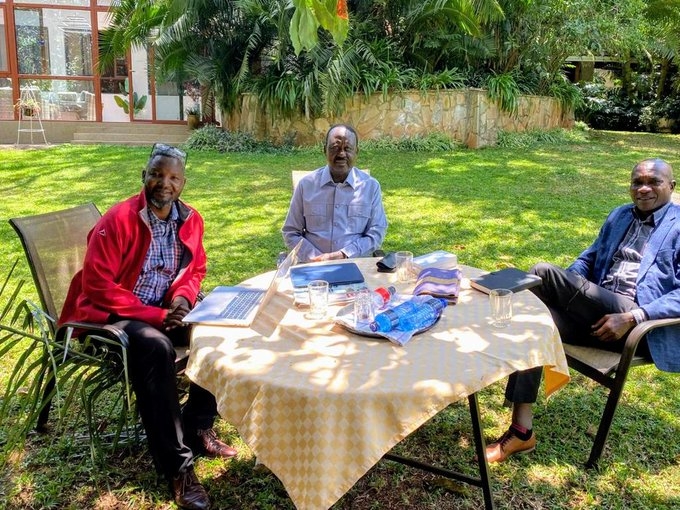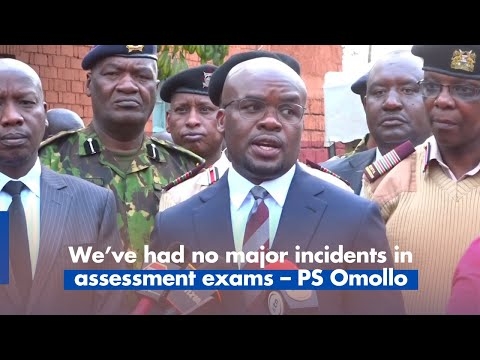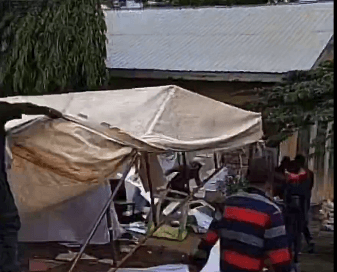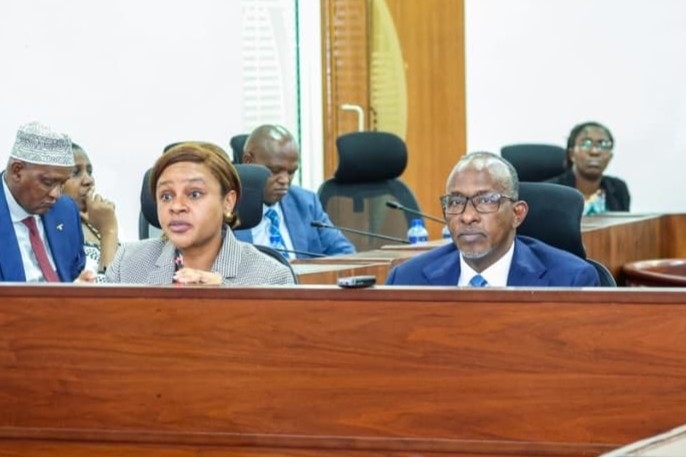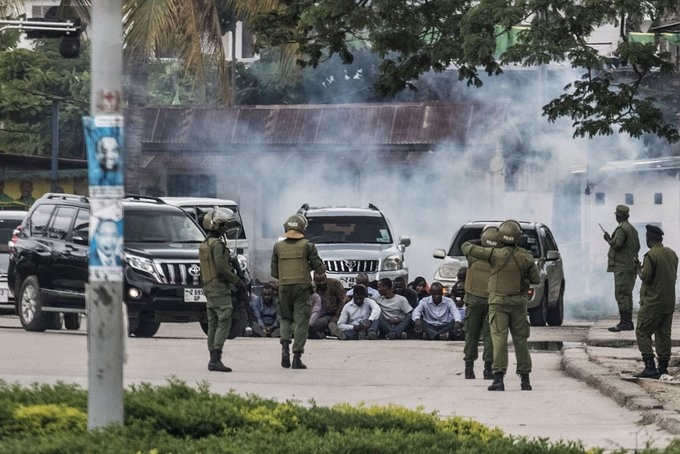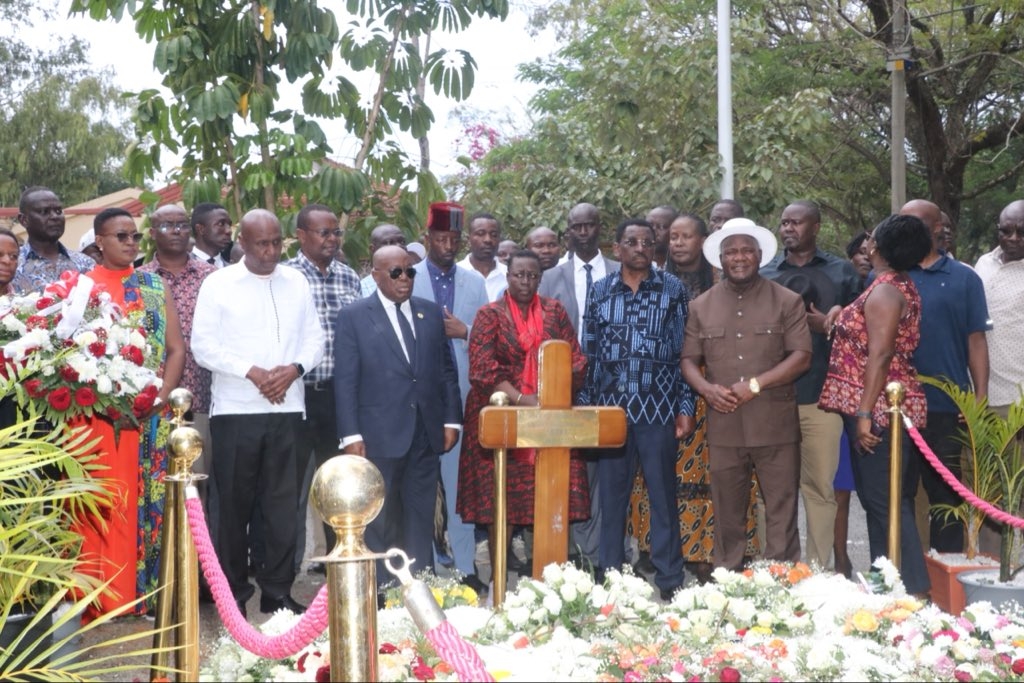International scholarships are offered across the world to benefit both the sending and receiving countries.
Many Kenyan scholars travel every year to study abroad and in return, Kenya has an obligation to offer government scholarships to students from other countries.
If the mobility of international students is one-sided and there is no reciprocity, the gains for the non-reciprocating side are reduced.
The award of scholarships to foreign students also has a cultural dimension. Scholars hosted by a given country sometimes have to learn the language of the host country and conduct their studies in that language.
With language being a vehicle of culture, the scholar is acculturated and absorbs the values and ways of thinking of the host community. They begin to speak, act, dress and behave like locals.
International scholarships are powerful political and ideological weapons. During the Cold War, scholars who studied in the East came home as communists or socialists and those from the West as capitalists. Their differences often played in the open in social gatherings when they returned home. When one of these sides is in power, the other is likely to be in the opposition.
Scholarships are strong tools for building international relations, diplomacy and good will. The interchange of students makes new friendships, fosters lasting partnerships, widens and deepens international cooperation, and engenders peace and harmonious co-existence between nations.
Among the beneficiaries of international scholarships are future leaders, influencers, decision and opinion makers and policy formulators. They play a critical role in building soft-power diplomatic, cultural and political networks to the mutual benefit of both the sending and host countries and the global community.
Through Operation Airlift Africa, Tom Mboya, a flamboyant and charismatic Kenyan politician helped fly about 800 young men and women from East, Central and Southern Africa to the US for further studies between 1959 and 1963. This was in liaison with the then Democrat Senator for Massachusetts, John F. Kennedy.
Notable Kenyans among them include Philip Ochieng, Wangari Maathai, Joe Wanjui, Barack Obama Sr, Leah Marangu, Pamela Odede and Reuben Olembo, to mention but a few. Odede was later to become Tom Mboya’s wife and Susan Mboya’s mother.
Tom Mboya was a trade unionist and a pan-Africanist. He spent a year at Oxford University and travelled twice to the US. He served as Minister, first for Labour, then for Justice and Constitutional Affairs, then for Economic Planning and Development in the first Kenya Cabinet.
He is the brain behind Sessional Paper No.10 of 1965, African Socialism and its Application to Planning in Kenya, a blue print of Independent Kenya’s economic development based on a capitalist mixed-economy model. He wrote Freedom and After and a collection of his speeches were published posthumously in one volume, The Challenge of Nationhood.
It's not unusual for scholars to find love away from home, and even get married in host or sending countries. This happened to Barack Obama Sr, who at 23 joined the University of Hawaii and met Ann Dunham. They got married and were blessed with the arrival of a baby boy, Barack Obama Jr on August 4, 1961.
Obama Jr became the first African American President of the United States from 2009 to 2017 and won the Nobel Prize ‘for his extraordinary efforts to strengthen international diplomacy and cooperation.’
Mboya himself, the father of Airlift Africa, and Pamela, who attended Miami University, fell in love and got married.
Following in her parents' footsteps, Dr Susan Mboya, a chief executive at Coca Cola Africa in Nairobi founded Zawadi Africa Education Fund in 2002 to give scholarships to poor, marginalised but academically gifted girls from rural Kenya, Uganda, Mozambique and Ghana, to study in American and Canadian Universities.
Zawadi, which in Kiswahili means gift, has placed over 360 girls in over 65 colleges and universities on full scholarships.
On her efforts in educating others, Susan said, "My father could not have known that by helping one person to go to school, he was going to change the lives of so many people. I want to finish what my father started, but I want to finish it in a way that brings gender balance to the leadership of this country".
In a cruel twist of fate, President JF Kennedy fell to an assassin’s bullet on a street in Dallas, Texas, in 1963, the year of Kenya’s Independence, while Minister TJ Mboya was assassinated in Nairobi in 1969. This was a great blow to the mobility of international students on scholarships, and probably to the path world history would take.
The Barack Obama effect on the politics and diplomacy of international scholarships is immense. The young Obama is an accomplished academic having studied at Harvard.
He taught at the University of Chicago Law School, is a voracious reader and a prolific writer. His presidential campaign slogan, ‘Yes, we can,’ and the books he wrote, Dreams from my Father 1995, The Audacity of Hope, 2006 and A Promised Land 2020, inspired young people in Kenya, the home of his father and across Africa and the world.
The Obama doctrine is one of inspiration, of daring to dream, of hoping audaciously and of a belief in yourself that yes you can accomplish anything you want.
International scholarships bring people from across the world together, providing forums for the exchange of new ideas. These forums become melting pots of debates such as at the Oxford Union and of the kneading of ideas, spawning new visions, ideologies, philosophies and technologies, widening the frontiers of knowledge and improving the human condition.
There is a trade and investment side to all this. An engineer who studies in Germany, for example, and occupies a position of influence on return home, is likely to promote trade with Germany, ordering equipment that he or she learnt to use while studying there.
The same may be said of medical doctors, pharmacists, survey engineers and other professionals. So cross-border scholarships promote international trade and foreign direct investment.
An international scholarship has a transformational impact on the individual. It refreshes and recharges the mind, deepens self-respect, boosts self-confidence and self-efficacy, retools and multi-skills, equipping the scholar with new knowledge.
Fully funded scholarships have financial benefits. If a scholar is on study leave, there will be income at home and scholarship income abroad. Most Kenyan scholars I studied with abroad on scholarship brought home their first cars, computers and other equipment.
We need to rethink and redesign the national educational architecture by opening our doors to selected international scholars on Kenyan Government Scholarships in line with the demands of the 21st century and making Kenya a global educational hub of excellence.
The benefits of providing international scholarships and giving quality education have a trickle-down effect across the world for generations to come, fostering peace, social equality, a common vision and shared prosperity.
Ambassador Dr Hukka Wario is the chairman of the Egerton University Council
Disclaimer: The opinions expressed in this article are the author’s and not necessarily that of the Egerton University Council.


